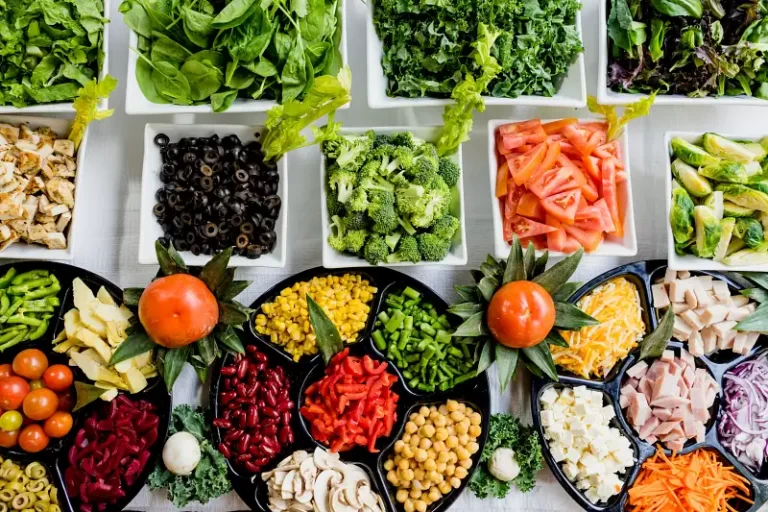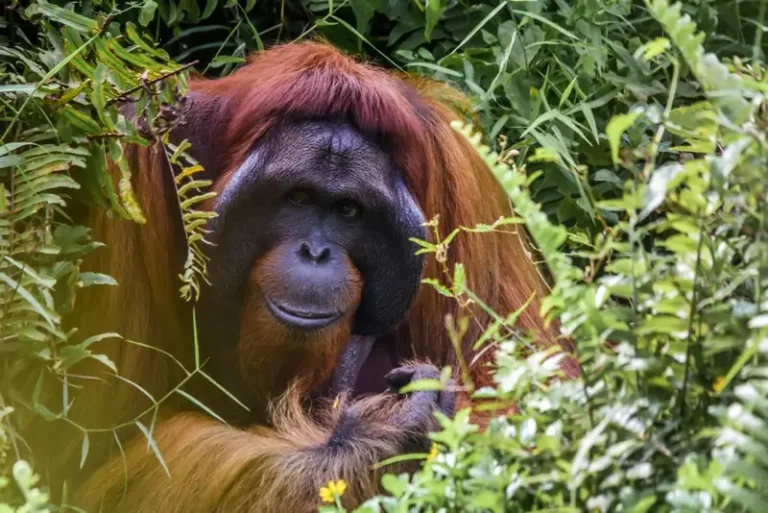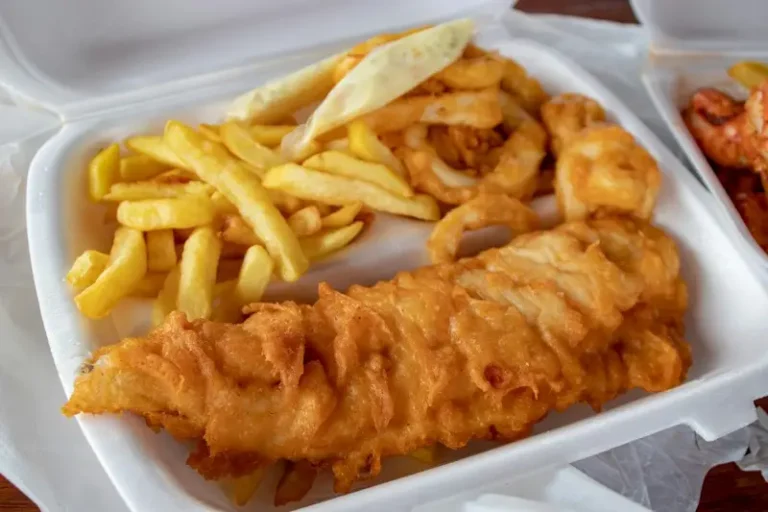In the study of sociology of food, understanding how specific food items embody broader social, economic, and cultural phenomena is crucial. French fries, commonly known as "fries," serve as a potent symbol of capitalism, reflecting intricate dynamics of production, consumption, globalization, and cultural identity. This essay critically examines the role of fries within the capitalist system, considering their historical origins, production processes, labor implications, and cultural significance.
Historical Origins and Capitalist Expansion
French fries originated in Europe, with competing claims from Belgium and France regarding their invention. However, their transformation into a global commodity is inherently linked to the rise of capitalism and the industrial food complex. The mass production and distribution of fries epitomize the capitalist emphasis on efficiency, standardization, and profit maximization.
The spread of fries globally can be traced to the expansion of fast-food chains, particularly McDonald’s, which pioneered the global franchising model. This model not only standardized the production and consumption of fries but also played a significant role in shaping global dietary practices. The proliferation of fast-food chains symbolizes the capitalist drive for market expansion and the homogenization of cultural consumption patterns.
Production Processes and Capitalist Efficiency
The production of fries involves a highly mechanized and industrialized process, reflecting the capitalist emphasis on efficiency and cost reduction. From the large-scale cultivation of potatoes to their processing in factories, every stage is optimized to maximize yield and minimize labor costs. This industrialization has profound implications for agricultural practices, labor dynamics, and environmental sustainability.
Potato farming for fries is characterized by monoculture, which aligns with capitalist principles of specialization and economies of scale. However, this practice











